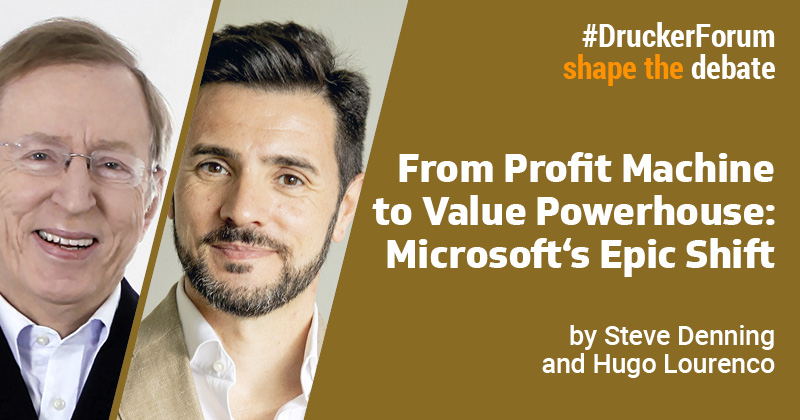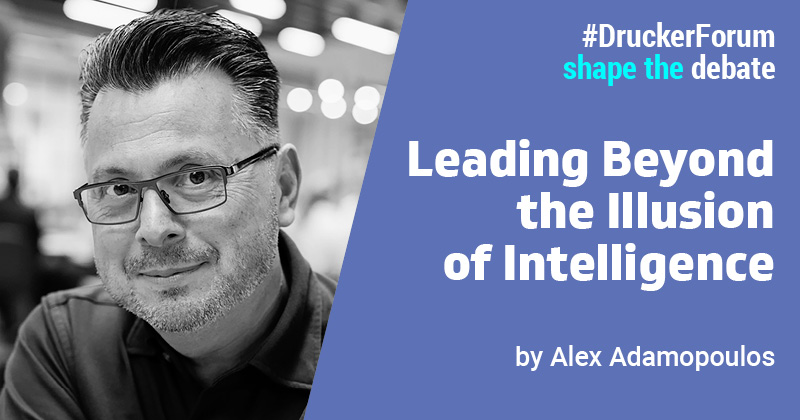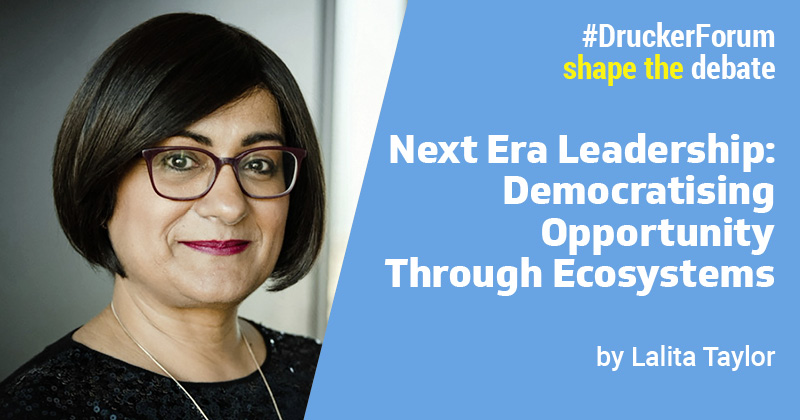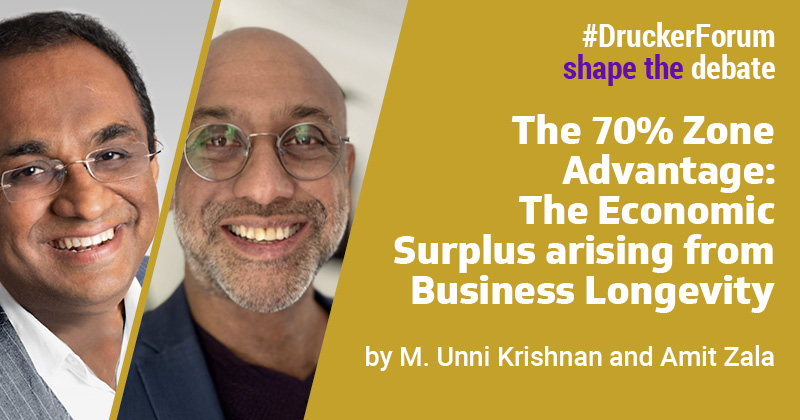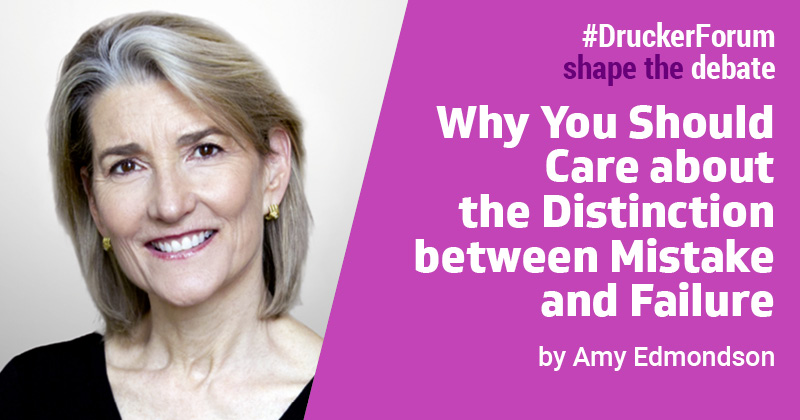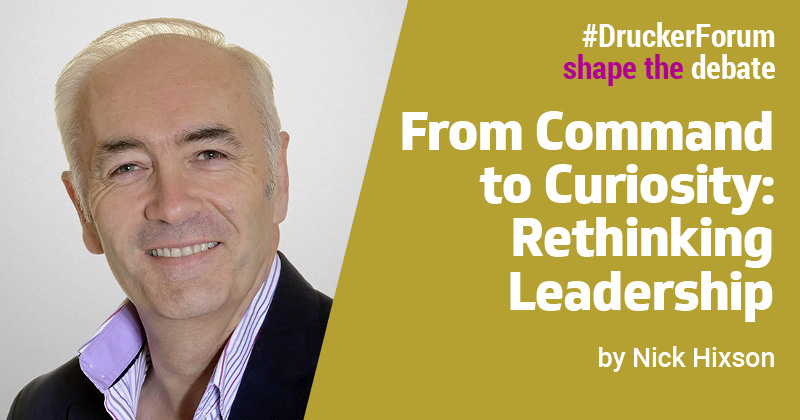In the early 2000s, Microsoft under Steve Ballmer was a rigid, profit-driven behemoth, locked into a toxic culture of internal rivalries, departmental fiefdoms, and a single-minded fixation on squeezing every cent from Windows and Office. Creativity? Stifled. Expansion? Sluggish. The tech giant fumbled massive chances, standing by as competitors like Apple and Google dominated emerging markets.[…]
Continue reading